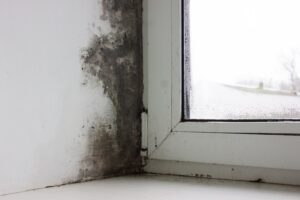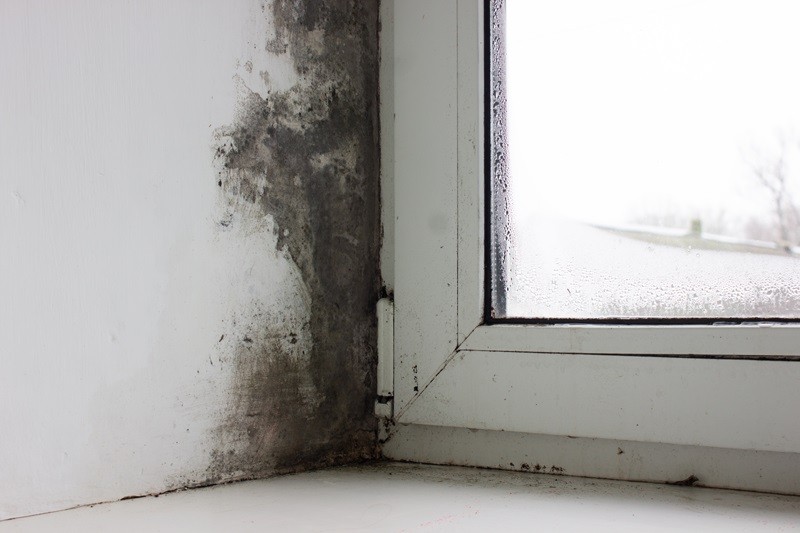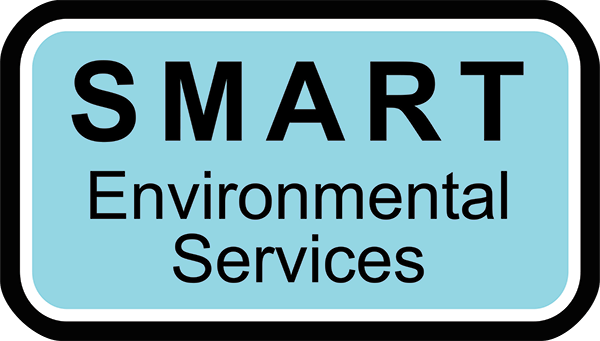October 2, 2024

Mold remediation is often associated with warm, humid conditions, but did you know that mold can still thrive during the winter months? In Kansas City, where temperatures drop significantly, the potential for mold growth persists under specific conditions. Being proactive about moisture control, ventilation, and awareness of mold spores can help keep your Kansas City home healthy, even in the colder months.
Key Factors for Mold Growth in Winter
While colder weather typically discourages mold growth, it doesn’t eliminate the problem. Mold spores are incredibly resilient and can remain dormant in chilly temperatures. The key to mold growth lies in moisture, which can be present in various forms during winter. For instance, condensation can form on windows and walls due to temperature differences inside and outside your home. Additionally, high humidity levels, often caused by indoor heating, can create an ideal environment for mold spores to awaken and proliferate.
The Importance of Ventilation
Another contributing factor to mold growth in winter is improper ventilation. Homes that are tightly sealed to conserve heat can trap moisture, leading to damp conditions in areas like basements, attics, and bathrooms. Without adequate airflow, these spaces become breeding grounds for mold. It’s essential to monitor humidity levels indoors and ensure proper ventilation to mitigate this risk.
Mold Remediation with SMART Environmental Services
While winter may not seem like a prime time for mold, the right conditions can lead to significant growth. Ignoring mold may lead to health issues and structural damage over time. Professional mold remediation services can effectively identify and reduce mold, ensuring that your home remains safe and healthy. SMART Environmental Services adheres to professional standards and is licensed, bonded, and insured. If you encounter any signs of mold, don’t hesitate to contact SMART Environmental Services for effective mold remediation.
Posted in Mold Remediation

